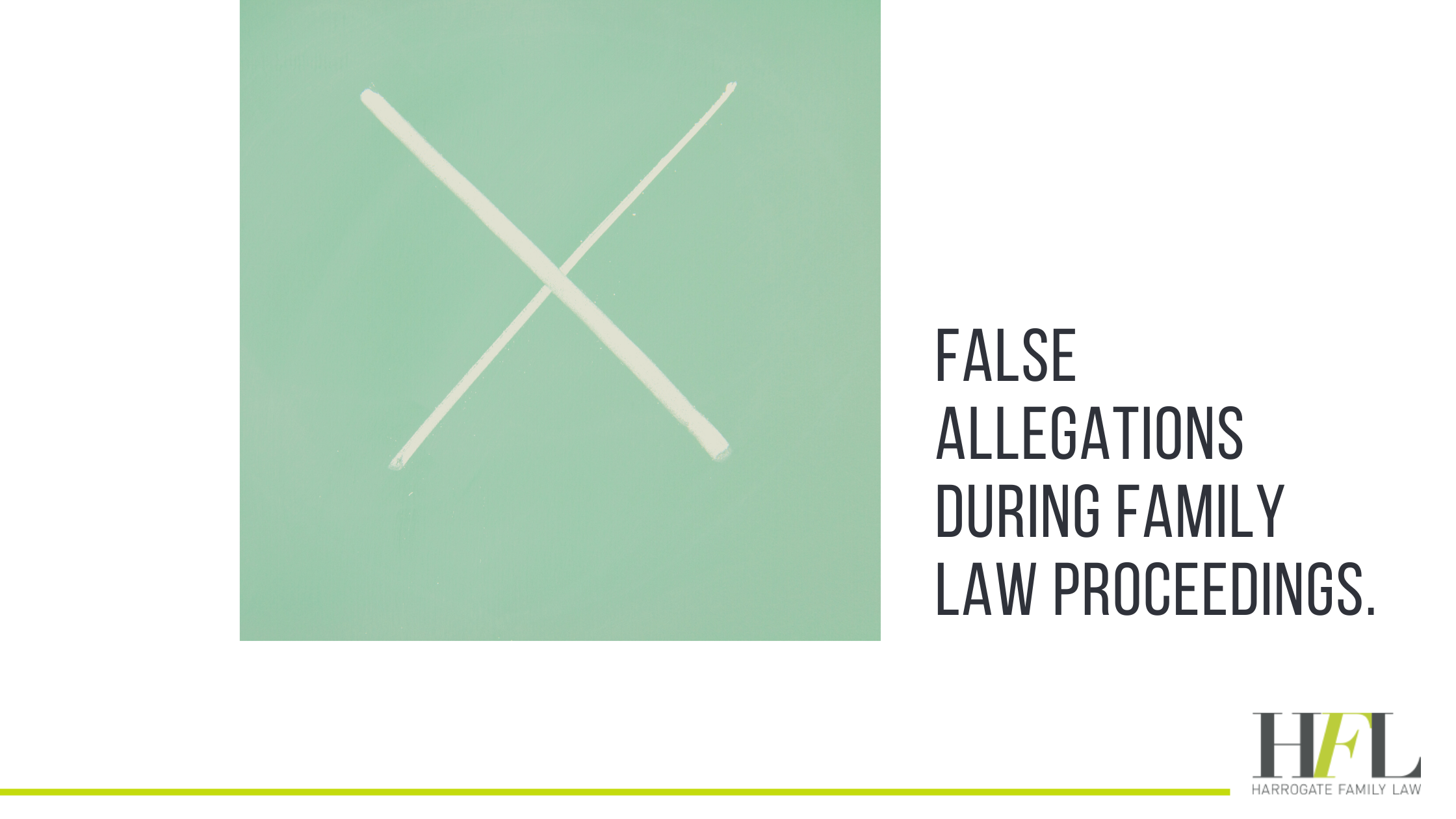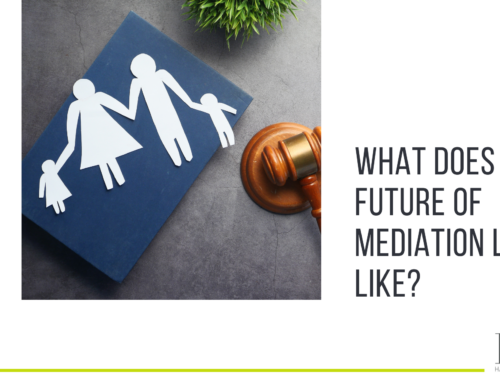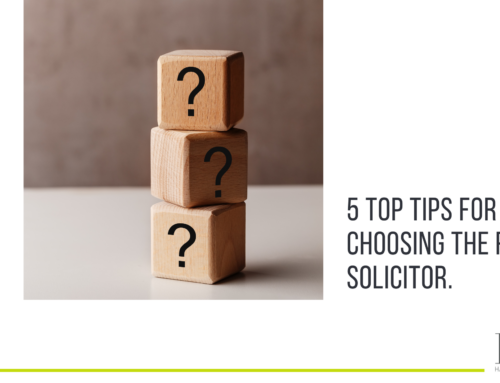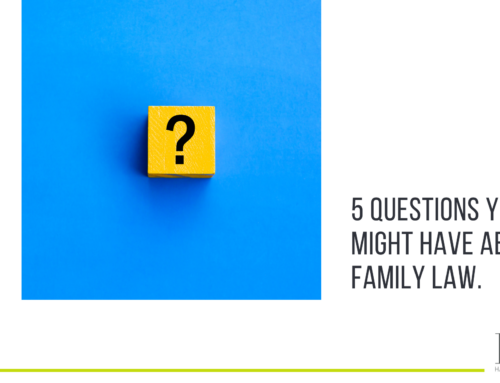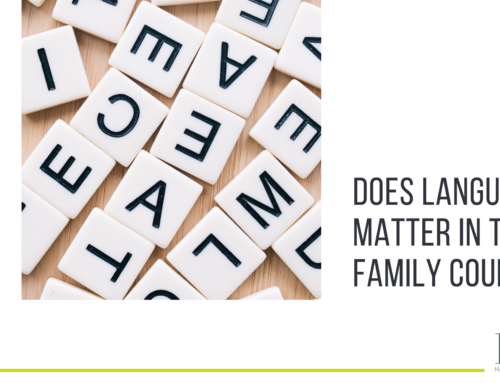According to the Crime Survey for England and Wales, 2.3 million adults aged between 16 – 24 years, are estimated to have experienced domestic abuse between March 2019 and March 2020. This is a shocking statistic.
Looking at this from a family law perspective, it’s really important that victims aren’t discouraged from coming forward. But it’s also necessary to have support in place for those who are falsely accused.
In this week’s blog, we’re covering the issue of false allegations during family law proceedings. What they might look like, their impact, and the steps you can take to protect yourself.
Types of false allegation
There are any number of false allegations that might be made during family proceedings. For example:
- Abuse or neglect towards children during contact
- Domestic violence within a relationship
- Allegations of alcohol and/or substance misuse
Quite often, allegations of this nature are raised once a relationship is over and proceedings have begun. The accused party can find themselves blindsided, and unsure of how to handle the repercussions, making things even more complicated and difficult than they already are.
Why somebody might make a false allegation
There’s no question that false allegations are wrong. But understanding why someone might make them is vital to working out how to deal with the situation. It might be that they’re uncomfortable with allowing their ex to have contact with the children. Removing an ex from the family home by way of an Occupation Order might be another motivation. Are they financially motivated?
It’s always helpful to take a step back and consider what might be going on in the mind of the accuser. Are they being influenced by third parties? Are they experiencing feelings of anger, jealousy or revenge?
Underlying mental health issues can be another factor. If the accuser suffers from anxiety, for example, it might heighten fears about their ex-partner, even if they’re not based on anything concrete.
The impact of false allegations
If an allegation is made, the court will need to make sure that the safety of everyone involved is safeguarded. Whilst investigations are underway (this could be criminal investigations, or those carried out by Social Care), there are a number of ways you could be impacted, and certain measures that may be put in place.
You might have the contact you have with the children restricted or supervised, or you might be ordered to leave the family home by way of an Occupation Order until matters are resolved. The consequences and implications of false allegations shouldn’t be underestimated. That’s why it’s essential to seek legal advice as soon as possible, so that you have experts to guide you at every step.
How to protect yourself
If you’re ready to leave your relationship, think about how your spouse or partner is likely to react. Is there a chance that they’ll make false allegations against you? If so, seek legal advice as soon as possible. That way you can have someone in your corner to facilitate as much communication between you as possible.
It’s also important to minimise the contact with the accuser as much as possible. This can be difficult if children are involved, but there are steps that you can take. Ensure that handovers take place on neutral ground, and don’t be drawn into discussions about the separation or any of the allegations that have been made.
False allegations during family law proceedings can be extremely problematic. They can cause distress for the person accused, and major delays when it comes to getting a fair outcome.
At Harrogate Family Law, we’re here to be the support that you need. Contact us today for more information about how we can help.

